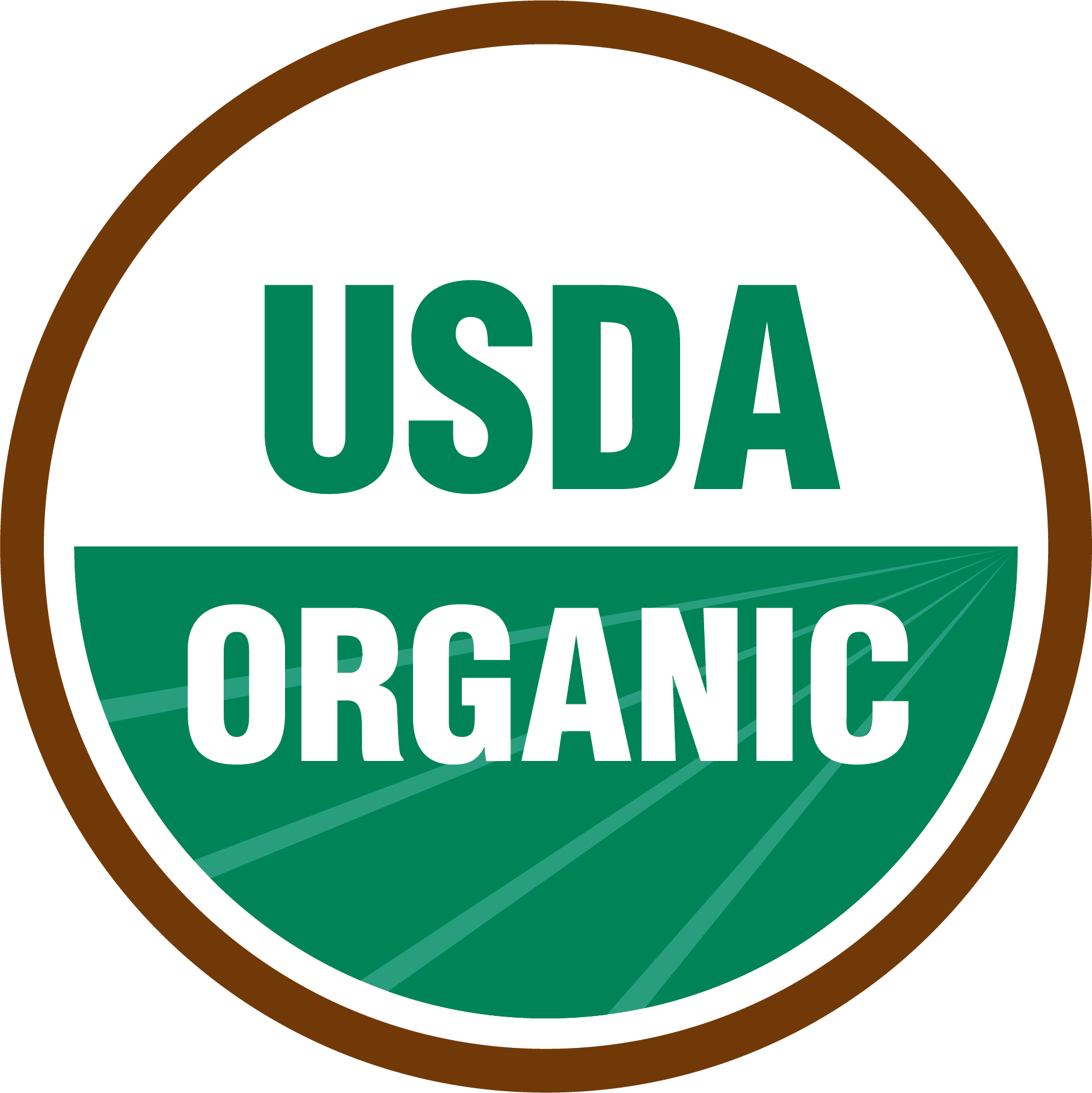Dear Kimberton CSA community,
All 2020 members should have received their introduction packages last Monday. Search your in boxes and spam folders. If you can’t find it, email us and we’ll resend. This document is very important as it not only states the pick-up protocol and directions to the farm, but gives you your pick-up dates and pick-up times for the season. It is very important that all members open and read this packet so that you can select your pick-up window.
As a quick reminder for everyone, here are the most important changes to the pick-up protocol for 2020:
· All shares will be prepacked and boxed for a quick pick up
· Only one member per share is allowed to pick up and u-pick and must wear a mask
· All members must select a pick up window for the season via the link in their intro package
· Members must bring their own scissors and containers for u-pick
It looks likely that lockdown restrictions in PA will be somewhat relaxed over the next month or so. This does not mean the COVID-19 pandemic is over! It means the curve has been flattened and economic pressures are forcing people back to work. In order to keep our staff and members safe, our protocol will remain in place until further notice.
I’m hoping Thursday’s storm was the last for a while. This cold wet spring (or really long mild winter, depending on how you look at it) has made growing conditions difficult on the farm. Although on cue with our planting schedule, too much water and not enough heat has created a few issues with our late spring and early summer crops. Last week Frank and Becky identified a new pest on the farm—the corn seed maggot. For a farm that has never grown corn, this was quite a surprise. The fact that it eats the roots and cotyledons of broccoli, onions, squash, carrots, beets, turnips, radishes, peas and lettuce was an even bigger surprise!
Unfortunately, there are no reactive treatments for this pest (see our newsletter on our integrated pest management, which we’ll now have to adapt). We have to wait for the farm to dry out and heat up and they will dissipate. It is cool, wet, fertile conditions that they seem to thrive in. We have heard that the Rodale Institute had a similar problem many years ago and that we are not the only local farm to have had this problem this spring. That gives us some comfort!
We have had to rejig the rotation a little and have re-sown to compensate for the losses. The proactive treatment for this pest is to delay planting, so even if we had managed to detect it earlier (despite not knowing what we would be looking for), we would still be in the same position. The first few weeks of pick-up are usually a little light anyway, hopefully members won’t notice too much of a difference when the season starts in 3 weeks.
Although some of the flora is a little delayed, the farms fauna is buzzing. Quite literally, as the bees are out in full force on these sunny days. As always, carpenter bees are eating the shed walls and lots of other flying insects are present on the farm. Although we aren’t in full bloom at the farm yet, there are plenty of flowers along French Creek’s riparian zone to compliment our expertly designed member garden. We are privileged to have talented friends and be located where we are.
Lots of flying insects means lots of food for our Purple Martin colony, which is also thriving. It is the biggest I’ve ever seen it and this is down to our avian experts Marylin and Gretchen. We recently put up Marylin’s Purple Martin notes on our blog, you can view that here.
As for the farm’s mammalians, we are all doing well! Our full seasonal staff—Sara, Mandi and Sara—are working hard transplanting zucchini…then pulling them out…along with Frank, Becky and I. We have also got our summer staff lined up. Due to the COVID-19 we have taken extra precautions whilst doing our hiring process this season, trying to minimize the risk of infection.
Our farm dogs—Albus and Henry—are trying their best to keep critters away, but we are still seeing the usual amount of rabbit, vole and groundhog damage. We don’t mind sharing our veggies a little bit! Other vertebrates are also present on the farm. Spawning toads and tadpoles have been spotted in the flow form as well as a couple of nesting bluebirds—again thanks to Marylin! These are also insect eaters, so we like to encourage amphibians and birds that are beneficial to the farm.
Until next week, enjoy the sun and stay safe!
Cheers,
Andrew.



























